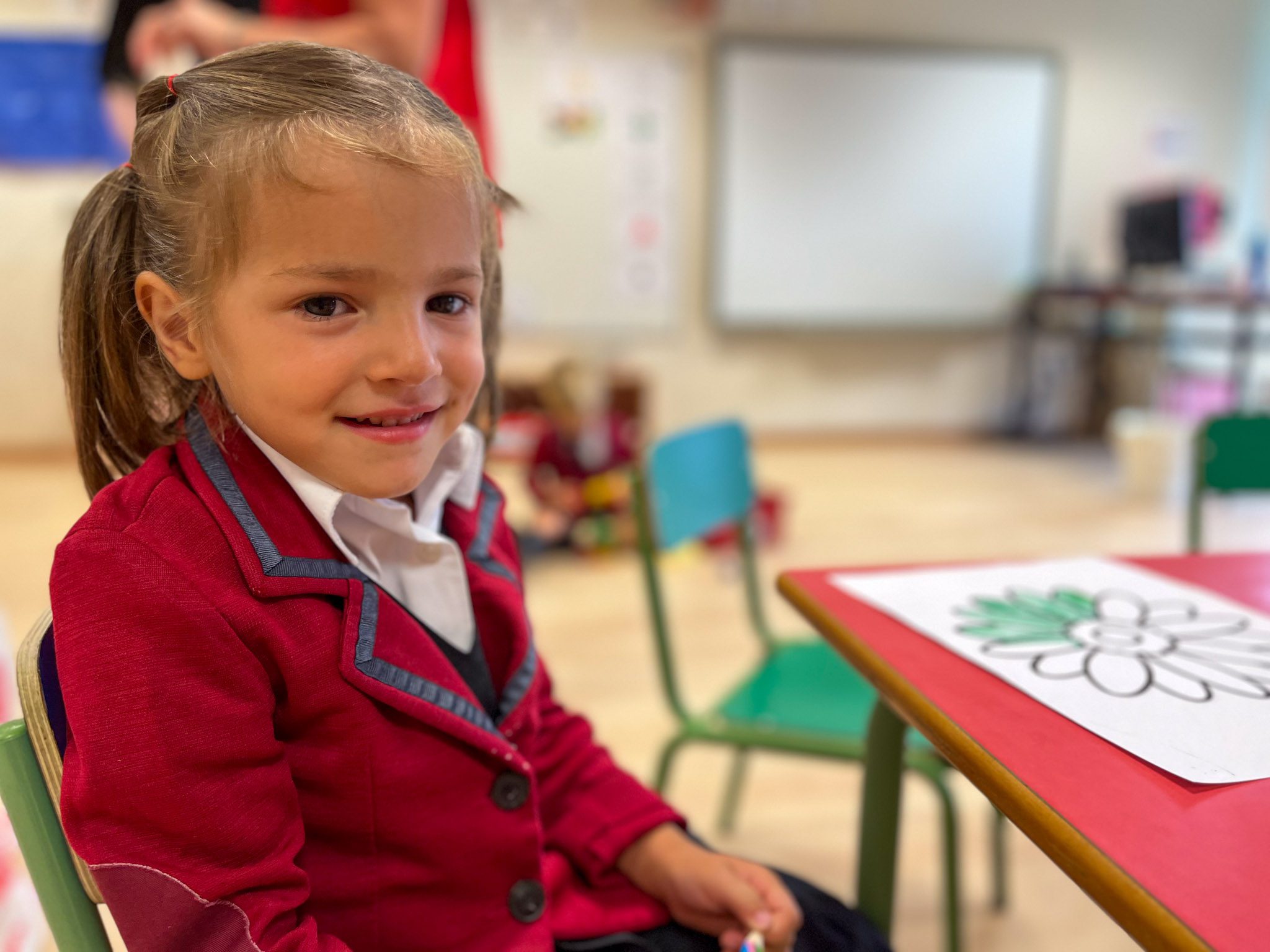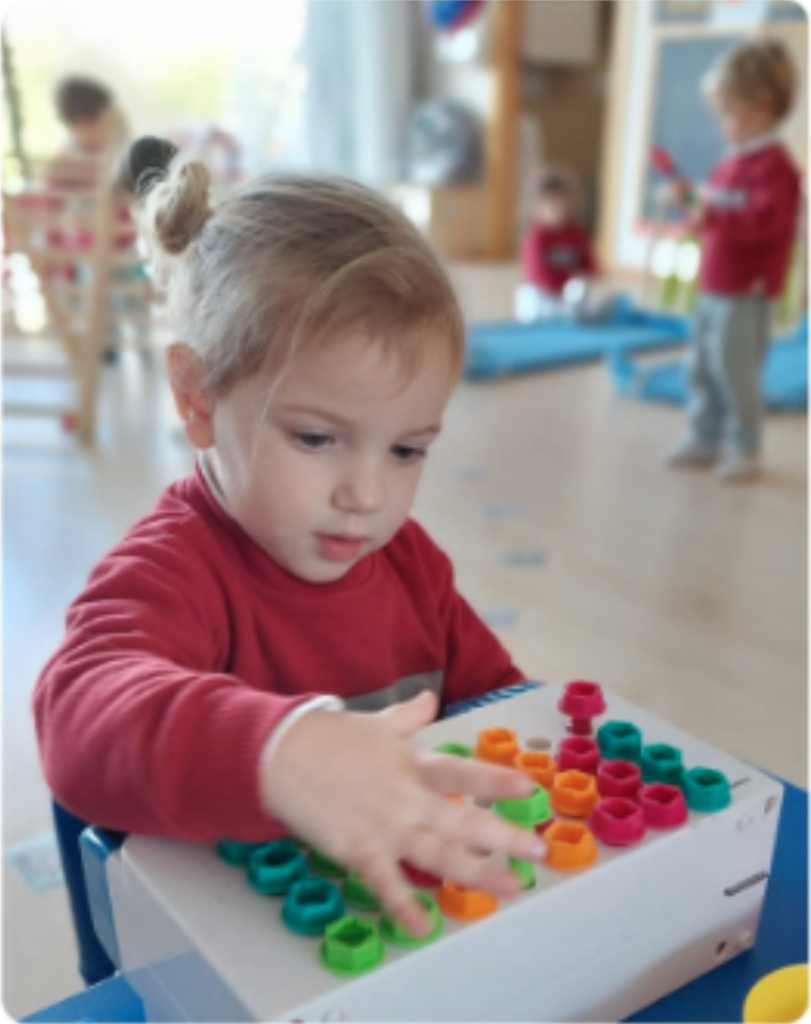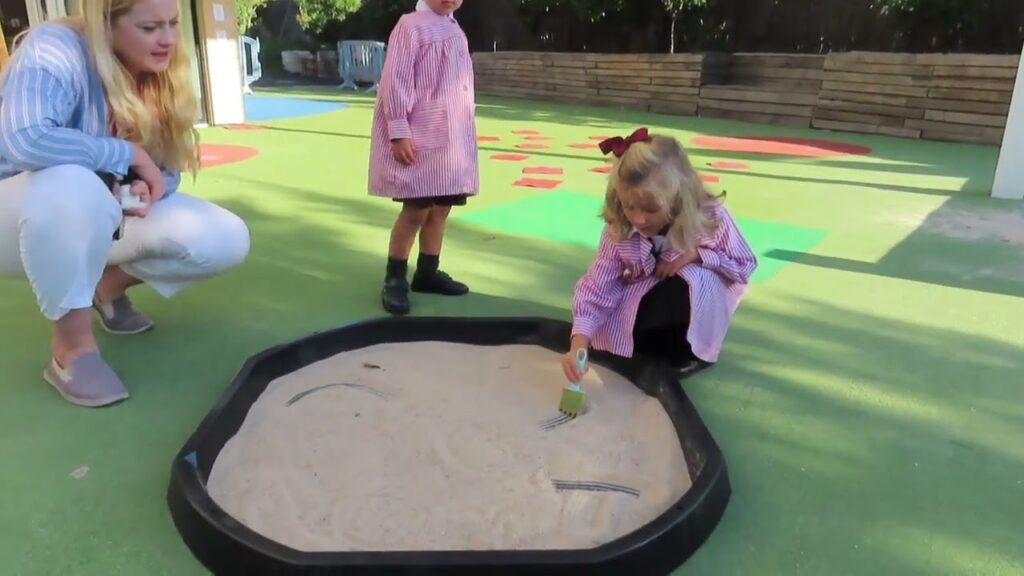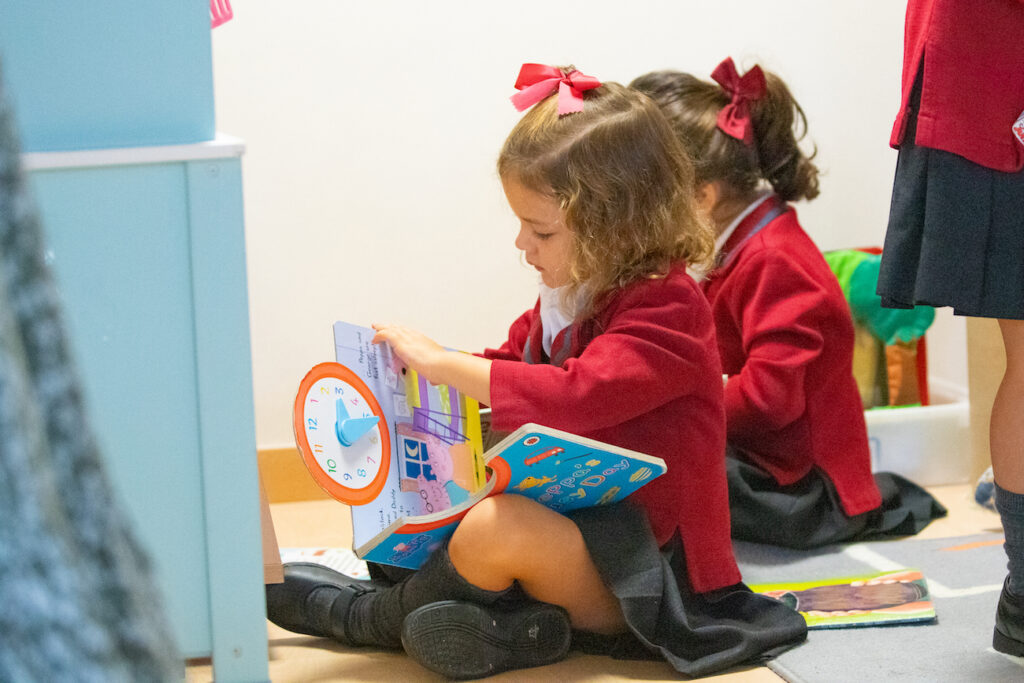
Teaching Emotional Regulation to Children: From the Classroom to Home
In the dynamic landscape of early childhood education, emotional regulation stands as a cornerstone of well-rounded development. At Alegra School, where we proudly adhere to the English National Curriculum –commonly referred to as the British Curriculum– nurturing emotional intelligence in the Early Years Foundation Stage (EYFS) is of paramount importance. Understanding the significance of emotional regulation and its integration into our curriculum is crucial for the flourishing of young minds.
Emotional regulation refers to the ability to manage and express emotions in appropriate ways. It encompasses recognizing, understanding, and effectively responding to one’s own feelings as well as those of others. This skill is essential for establishing healthy relationships and lays the groundwork for cognitive development, academic success, and overall well-being.
Table of Contents



Within the framework of the British curriculum, several strategies are employed to support children in developing emotional regulation skills:
1. Emotion Recognition:
From two years old the school emphasizes the importance of helping children identify and label their emotions. Through activities such as storytelling, role-playing, and group discussions, children learn to recognize a diverse range of emotions and express them verbally.
2. Self-Regulation Techniques:
The curriculum incorporates techniques to help children regulate their own emotions and behavior. Breathing exercises, mindfulness practices, and calming strategies are integrated into daily routines to empower children to manage stress and frustration effectively.
3. Social Skills Development:
Collaborative activities and group projects allow children to practice empathy, cooperation, and conflict resolution. By engaging in peer interactions, children learn to understand the perspectives of others and develop essential social skills.
4. Emotionally Responsive Environment:
Teachers in Early Years create a nurturing and supportive environment where children feel safe to express their emotions. Educators are trained to validate children’s feelings, offer support, and teach healthy coping mechanisms.
5. Positive Relationships:
Strong relationships between children and educators form the cornerstone of emotional development. Through positive interactions and responsive caregiving, children develop secure attachments and learn to trust adults as sources of comfort and guidance.
6. The secret ingredient
At Alegra, the British curriculum is enriched with the spirit of Alegra’s Ethos, and part of that Ethos is embodied in the “preceptuacion”, one-on-one mentoring sessions for parents regarding the specific needs of their children from the moment they enroll in the school. This way parents and teachers work as a team towards the same goals, this paves the way for success in everything that regards the social and emotional development of small children because parents can ask for the advice of the “preceptora” on how to manage specific situations, and teachers can give an insight of the development of their child in class, how they behave around other people, friends, and peers. A team that guarantees success!
7. Growing Hearts Programme
At Alegra we have a specially dedicated programme with the aim of developing personal and affective competencies in our students so that they can handle knowledge, abilities, skills, and attitudes in the most effective and highest quality manner. It is carried out at all levels of Prep School, addressing the characteristics and needs of the students at each stage they are in.
As a school, we are aware of the need to focus our efforts as educators (parents and teachers) on developing competencies that allow them to better understand themselves, exercise intellectual and moral virtues, face difficult situations, and achieve, among other things, the ability to generate positive thoughts, critical thinking, and individual and social responsibility.
The benefits of the Growing Hearts Programme
- Increased ability to resolve interpersonal conflicts.
- Improved quality of individual mentoring with Primary school students, as we aim for our students to achieve greater self-awareness.
- Increased appreciation for beauty, knowing that this will lead them hand in hand to goodness and truth.
Furthermore, within the social and emotional competencies of our students, the artistic development we want to instill in them is essential as a way to enhance creativity and appreciation for beauty. We believe that in this way, the acquisition of virtues will be more desirable to them. Cultivating the spirit is the way to aspire to higher values, facilitating the student’s ability to aim for the highest, and to be magnanimous. This increases their motivation to achieve lofty goals.
Therefore, for one week each year, we embark on the sub-project: EmocionArte! This year EmocionArte Week will be from the 18th to the 21st of March.
Thanks to the EmocionArte project, students will be able to convey thoughts and emotions, increasing their understanding of art and their critical capacity.
By embedding these principles into the curriculum, we equip children with the tools they need to navigate the complex landscape of emotions. This approach not only fosters resilience and emotional well-being but also lays a solid foundation for future academic and personal success.
“How can I help my child manage their emotions?“
Many parents ask daily what can they do to teach emotional regulation at home. It’s a great question!
While the school environment plays a crucial role in supporting children’s emotional development, the home is where the foundation of emotional intelligence is truly nurtured. As parents, you have the unique opportunity to foster your child’s emotional growth through everyday interactions and intentional practices. Here are three easy-to-follow tips to empower you in cultivating a supportive and emotionally enriching environment at home.
You are the leader: Children learn a great deal from observing their parents’ behaviors and reactions. Demonstrating healthy emotional regulation techniques, such as deep breathing, naming emotions, and using positive coping strategies when faced with challenges, can greatly influence a child’s ability to manage their emotions. Parents can verbalize their feelings in front of their children and explain how they handle them constructively, providing real-life examples of emotional regulation in action.
Create a Supportive Environment: Establishing a safe and nurturing home environment where children feel comfortable expressing their emotions is crucial for their emotional development. Encourage open communication by actively listening to your child creating opportunities to talk, for example, before bed after reading a story. Setting clear and consistent limits for obedience also helps children feel secure, providing them with a sense of structure and stability that is essential for emotional well-being.
Promote Problem-Solving Skills: Equip your child with effective problem-solving skills to help them navigate difficult situations and regulate their emotions independently. Encourage them to brainstorm possible solutions to conflicts or challenges they encounter, emphasizing the importance of considering the consequences of their actions. Teaching them to break down problems into manageable steps and to seek help when necessary.
Emotional regulation is an integral component of the learning journey. Nurturing the emotional intelligence of our young learners, and ensuring they have the skills and resilience to thrive in an ever-changing world will prepare them for success later down the road.
They have everything they need to flourish: a comprehensive curriculum, a supportive environment, and families willing to learn and work with the school as a team.




